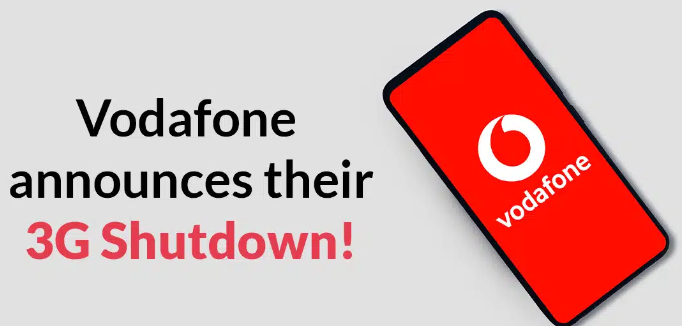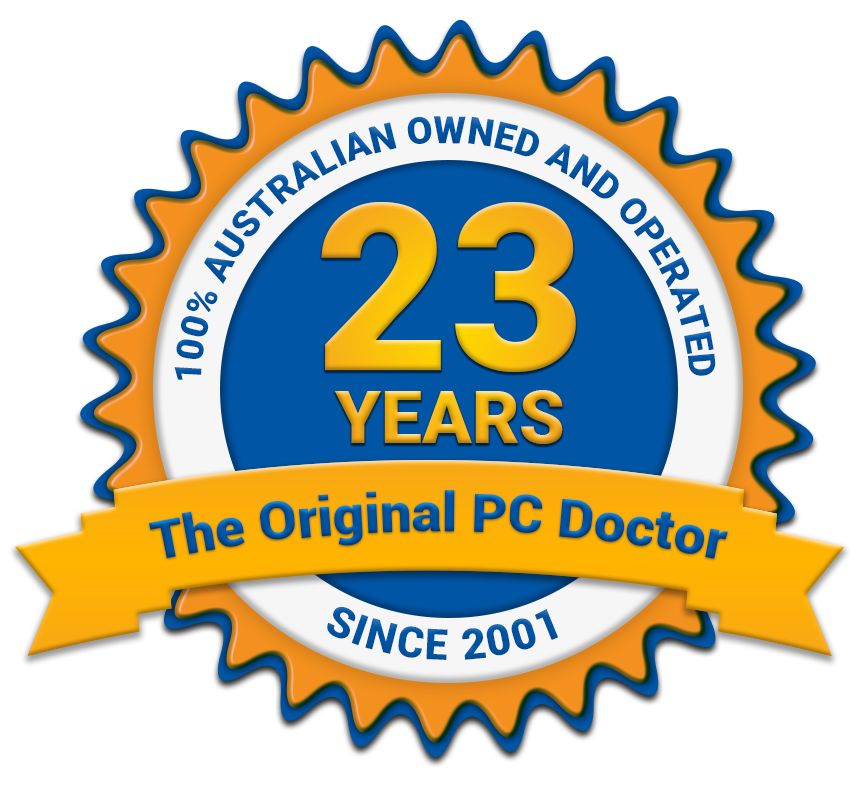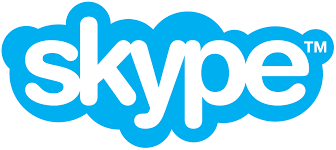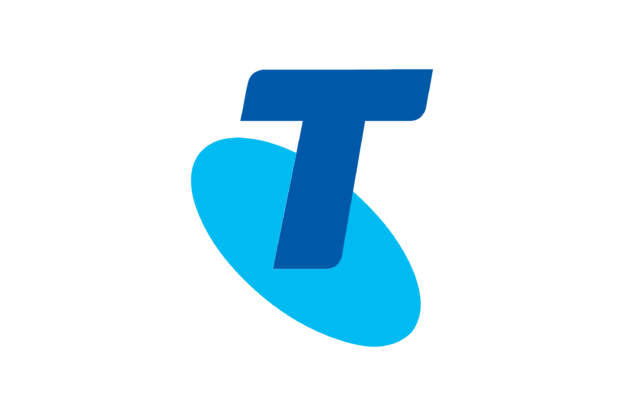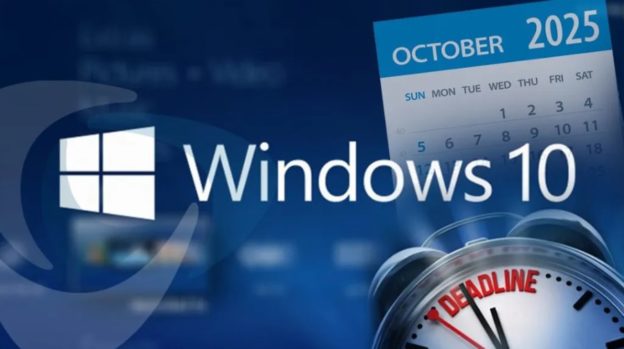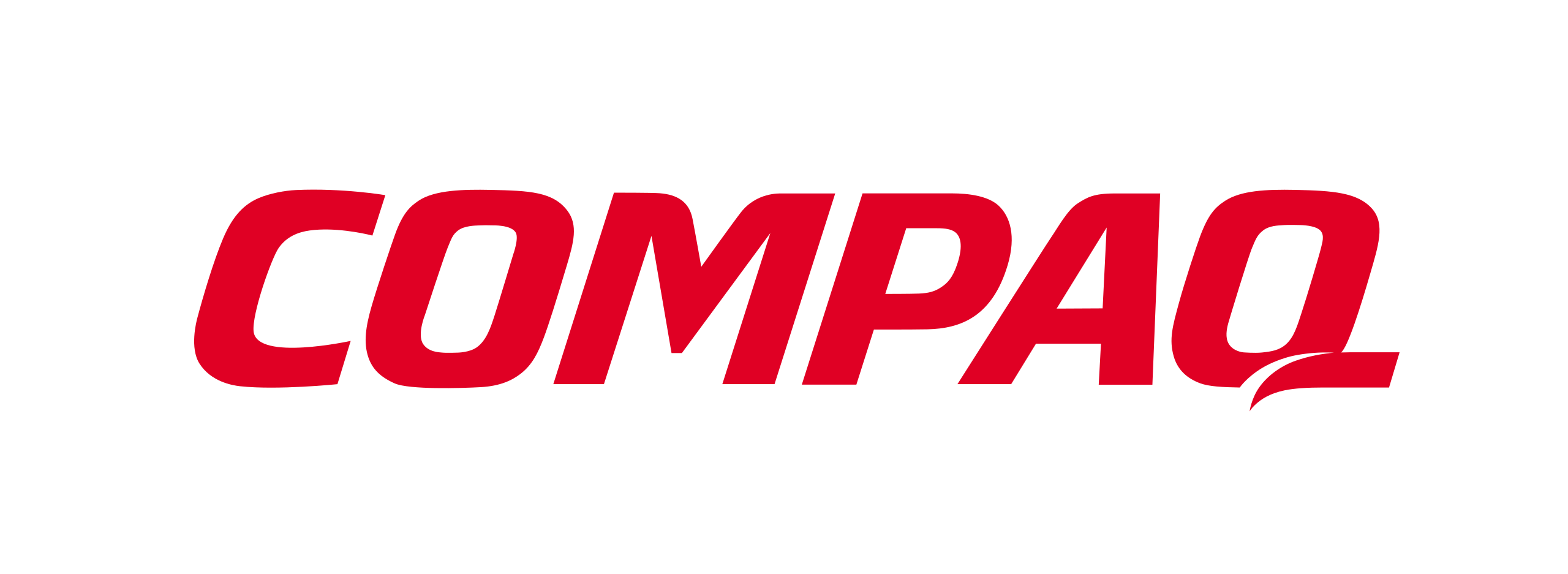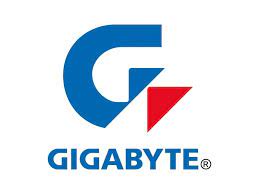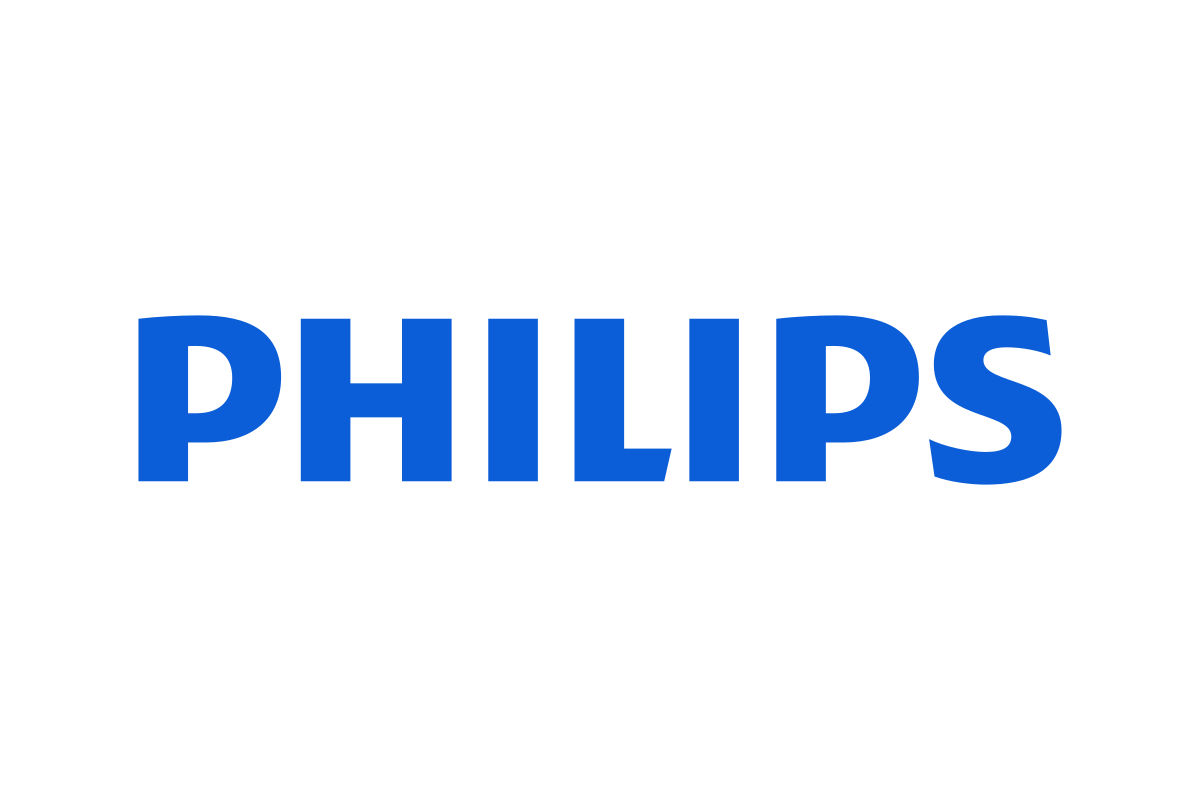Vodafone’s 3G Shutdown: A New Era of Connectivity Shutdown: What it Means for Australians & The Rise of 4G
As technology continues to evolve, the telecommunications landscape is undergoing significant changes. One of the latest developments is Vodafone’s decision to shut down its 3G network. This move marks the end of an era and the beginning of a new chapter in mobile connectivity. In this blog, we will delve into the history of Vodafone’s 3G network, why it is being phased out, and what customers can do to prepare for this transition.
The History of Vodafone’s 3G Network
Vodafone launched its 3G network in the early 2000s, revolutionizing mobile communications with faster data speeds and more reliable connections. The introduction of 3G technology allowed for improved internet browsing, video streaming, and enhanced mobile applications, significantly changing how people used their phones.
Over the years, Vodafone’s 3G network has been instrumental in driving mobile innovation. It provided the foundation for various services, including video calls, mobile TV, and more interactive applications. However, as with all technology, advancements have led to newer, more efficient standards, namely 4G and 5G.
Why is Vodafone Shutting Down 3G?
The decision to shut down the 3G network is driven by several factors:
- Advancement in Technology: With the advent of 4G and 5G, 3G has become outdated. These newer technologies offer significantly faster speeds, lower latency, and higher capacity, making 3G redundant.
- Resource Optimization: Maintaining multiple network generations is resource-intensive. By shutting down 3G, Vodafone can reallocate these resources to enhance their 4G and 5G networks, providing better service to their customers.
- Spectrum Reuse: The spectrum used for 3G can be repurposed for 4G and 5G networks. This helps improve the performance and reach of these newer technologies.
Preparing for the 3G Shutdown
If you are a Vodafone customer still using 3G-dependent devices, it’s important to take action to ensure uninterrupted connectivity. Here are some steps you can take:
- Check Your Device Compatibility: Determine if your current device supports 4G or 5G. This information can typically be found in the device settings or on the manufacturer’s website.
- Upgrade Your Device: If your device only supports 3G, it is time to consider upgrading to a 4G or 5G-compatible device. This not only ensures continued connectivity but also allows you to benefit from faster speeds and improved features.
- Backup Important Data: Before making any changes, ensure that all your important data is backed up. This includes contacts, photos, and other essential information.
- Contact Vodafone for Assistance: Vodafone provides resources and support for customers transitioning from 3G to newer technologies. Reach out to their customer service for guidance on compatible devices and any potential offers or discounts available for upgrades.
- Review and Update Connected Devices: Besides smartphones, consider other devices that might rely on 3G, such as tablets, mobile hotspots, and certain IoT (Internet of Things) devices. Ensure they are compatible with 4G or 5G networks or plan for their upgrade or replacement.
Embracing the Future
While the shutdown of Vodafone’s 3G network might seem like a daunting change, it is a necessary step towards a more connected and technologically advanced future. Embracing this transition allows you to access faster, more reliable services and stay ahead in an ever-evolving digital world.
As Vodafone continues to innovate and improve its network infrastructure, customers can look forward to enhanced mobile experiences, seamless connectivity, and the numerous benefits brought about by 4G and 5G technologies. Preparing for this change now will ensure that you remain connected and ready to take advantage of the future of mobile communications.
For more information and assistance, visit Vodafone’s website or contact their customer support team. https://www.vodafone.com.au/
—
Content Created on 15/07/2024 by
John Pititto
Managing Director
The Original PC Doctor




